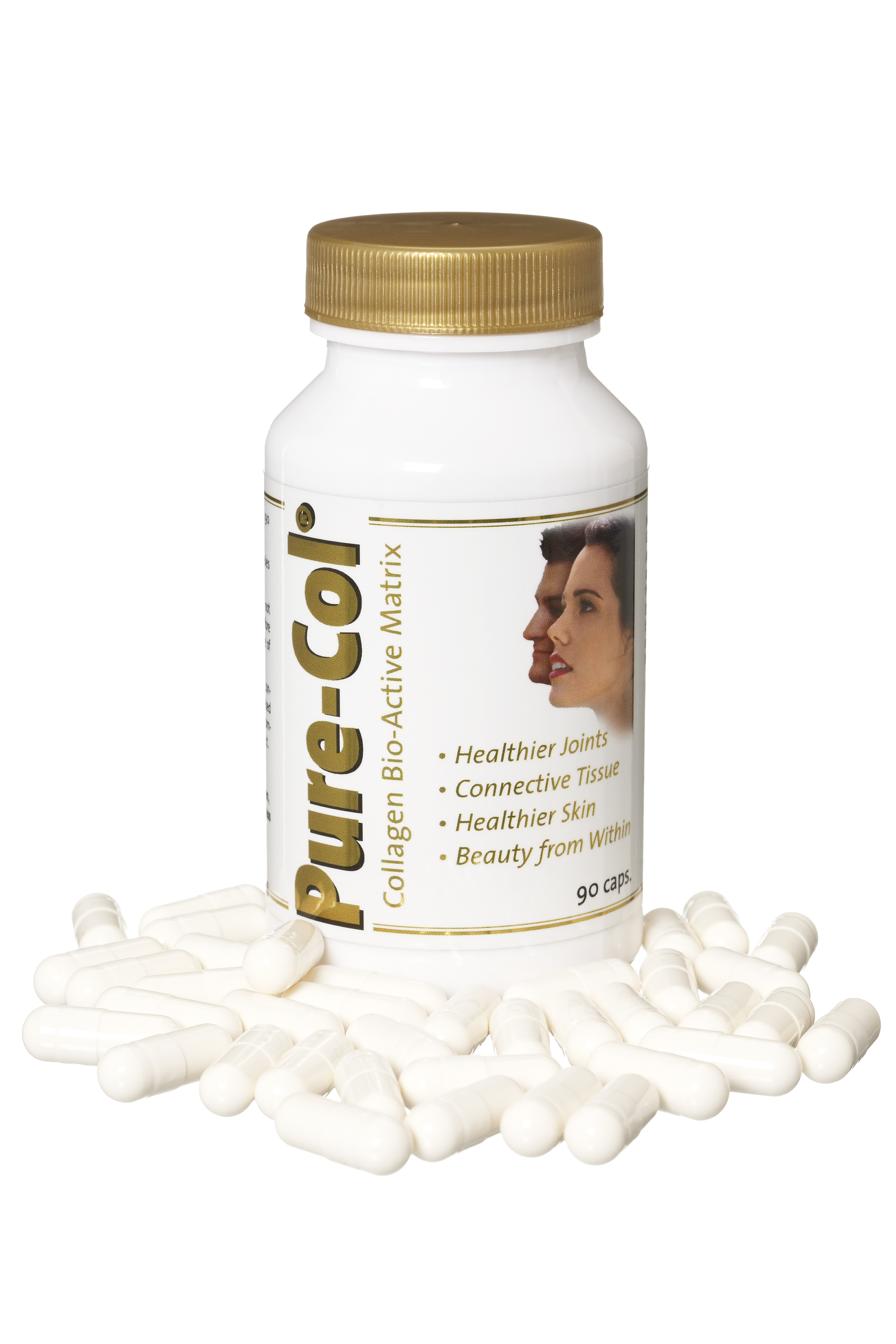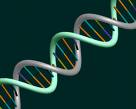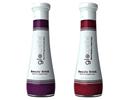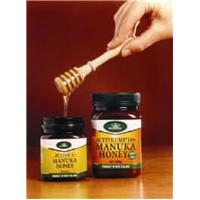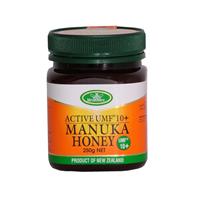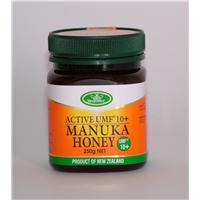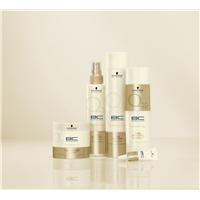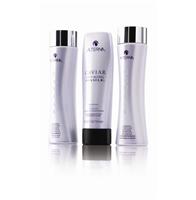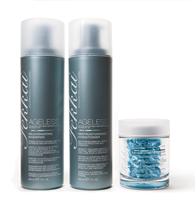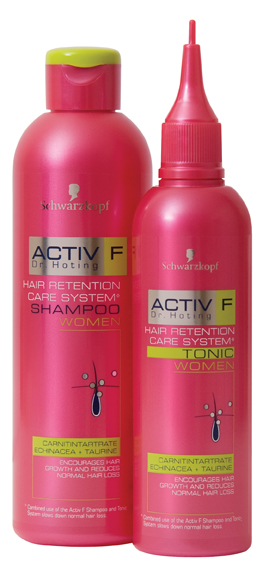

Vitamin D, one of the cheapest supplements on the market, is effective against most of the diseases of ageing, say experts.
But most men and women, do not have adequate levels to protect their immune system, according to several studies.
Vitamin D is a fat-soluable vitamin, which is sythesized by the skin from sunlight and also from dietary sources including diary foods such as milk, cheese and butter, oily fish and offal.
But 90% of the amount required by humans is synthesized from the sun – so if you live in the Northern Hemisphere you will likely be Vitamin D deficient, especially in winter.
Low levels of Vitamin D cause the serious bone disease rickets, which was prevalent in the 19th century.
According to the UK’s Health Supplements Information Service 71% of men and 78% of women are below the recommended daily average.
Today various studies have shown that men with low levels of Vitamin D suffer 2.42 times more heart attacks. There is good reason to believe that vitamin D protects the arterial system from fat and plaque build up which leads to ablocked arteries and atherosclerosis (narrowing of the arteries).
It also helps preven common forms of cancer – again, according to various studies, vitamin D deficient women have a 253% increased risk of colon cancer; women with the lowest levels were at at 222% increased risk of breast cancer and men with higher levels have a 52% reduced incidence of prostate cancer; low levels of vitamin D are predictive of fatal strokes. It also regulates blood pressure and immune function and cancer.
Dr John Jacob Cannel MD founder of the non-profit Vitamin D Counsel in the US says:”Current research indicates vitamin D deficiency plays a role in causing seventeen varieties of cancer as well as heart disease, stroke, hypertension, autoimmune disease, diabetes, depression, chronic pain, osteoarthritis, osteoporosis, muscle weakness, muscle wasting, birth defects and peridontal disease.
“This does not mean that vitamin D deficiency is the only cause of these diseases, or that you will not get them if you take vitamin D. What it does mean is that Vitamin D, and the many ways ia affects a person’s health, can no longer be overlooked by the health care industry nor by individuals striving to achieve and maintain a greater state of health.”
Vitamin D seems to reduce the risk of almost every killer disease of ageing. In fact, a recent study shows that humans with low Vitamin D status are twice as likely to die over a seven year period.
Doctors are not trained to recognise vitamin D deficiency until rickets develop in children or osteomalacia (softening of the bones) developes in adults. Clinical vitamin D deficiency is diagnosed when blood levels of a vitamin D metabolite (25-hydroxyvitamin D) drop below 12ng.ml.
According to the world’s foremost experts, however, optimal levels of vitamin D are between 30 and 50 ng.ml and higher. Those with blood levels below 30ng/ml are considered to have insufficient vitamin D.



